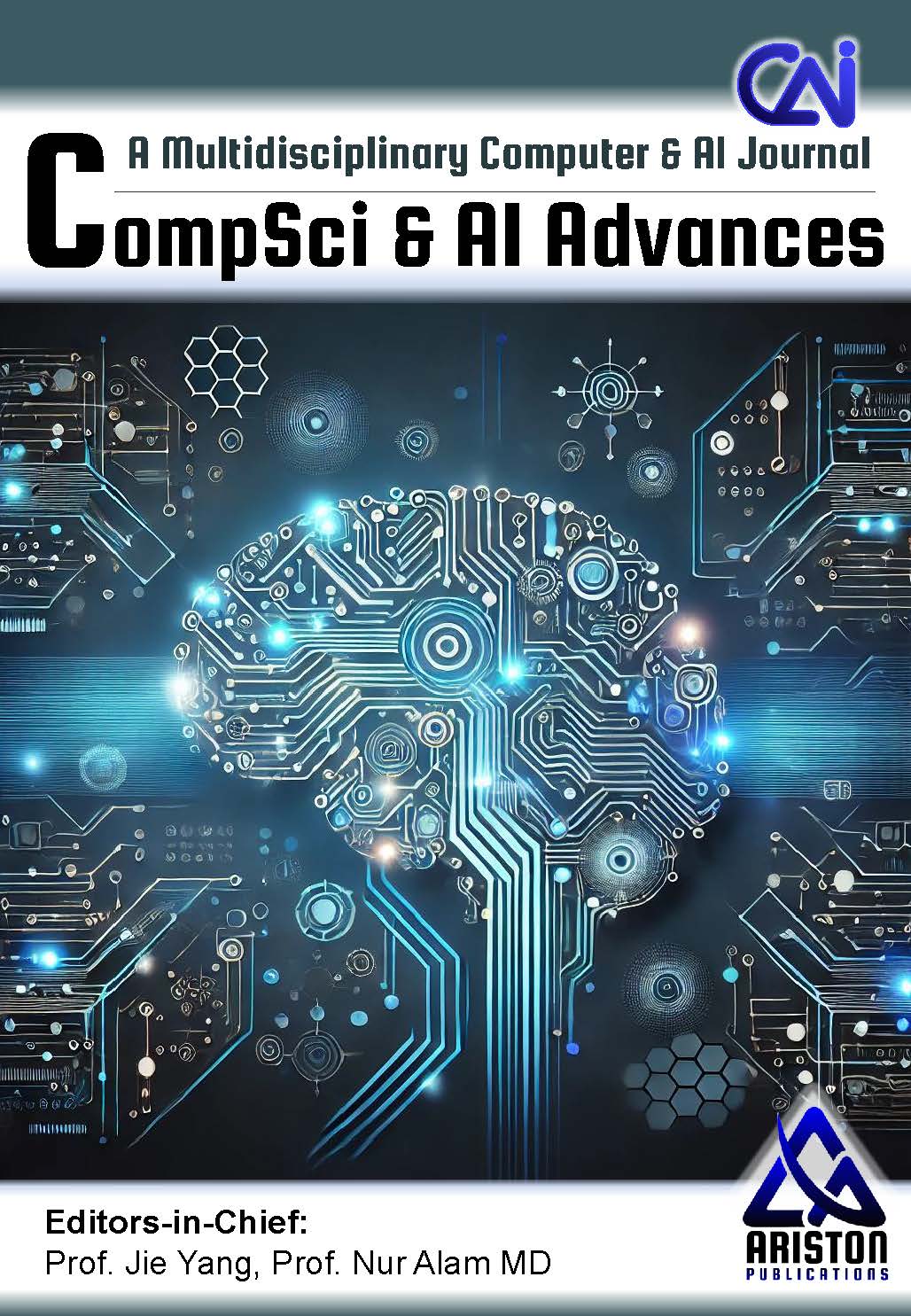Saranya R., Prabu Thangavel, Ahmed Abdu Alattab
1 Department of Electronics and Communication Engineering, Nehru Institute of Engineering and Technology, Coimbatore-641105, Tamil Nadu, India.
2 Department of Computer Science, College of Science and Arts, Sharurah-68341, Najran University, Kingdom of Saudi Arabia
* Author to whom correspondence should be addressed:
tprabu19@gmail.com (Prabu Thangavel)
ABSTRACT
The increasing complexity of modern healthcare demands innovative solutions that can improve patient outcomes, streamline operations, and reduce costs. This paper presents an Adaptive AI Framework designed to optimize healthcare delivery through learning-driven ecosystems. By integrating machine learning, deep learning, and hybrid intelligence models, the framework enables real-time data analysis, predictive diagnostics, and personalized treatment plans. The proposed system adapts to patient-specific data, continuously learning from historical and real-time clinical data to enhance decision-making. Key components include intelligent data fusion, automated risk assessment, and personalized care pathways, all driven by dynamic learning algorithms. The framework demonstrates significant potential in enhancing patient care efficiency, improving diagnostic accuracy, and enabling proactive interventions, contributing to a more responsive and efficient healthcare system. Case studies in chronic disease management, predictive modeling for hospital readmissions, and personalized treatment optimization showcase the efficacy of the system. This adaptive AI framework sets a foundation for future advancements in precision medicine, offering scalable solutions for a variety of healthcare settings.

Significance of the Study:
This study is significant for addressing critical challenges in modern healthcare, such as data fragmentation, inefficiencies, and the need for personalized care. By leveraging an Adaptive AI Framework, it integrates machine learning and hybrid intelligence models to optimize diagnostics, treatment plans, and operational workflows. Its ability to deliver personalized, real-time solutions enhances patient outcomes, reduces costs, and streamlines healthcare delivery. This framework establishes a foundation for precision medicine, showcasing the transformative potential of AI in creating responsive, efficient, and patient-centered healthcare systems.
Summary of the Study:
This paper introduces an Adaptive AI Framework designed to optimize healthcare through real-time data analysis and predictive diagnostics. The system integrates diverse datasets, including EHRs and wearable sensor data, to generate personalized care pathways and enable proactive interventions. Case studies in chronic disease management and predictive modeling demonstrate its efficacy in improving patient outcomes, reducing hospital readmissions, and enhancing care efficiency. By consolidating advanced AI technologies into a dynamic, learning-driven ecosystem, the framework represents a transformative leap in modern healthcare delivery.
